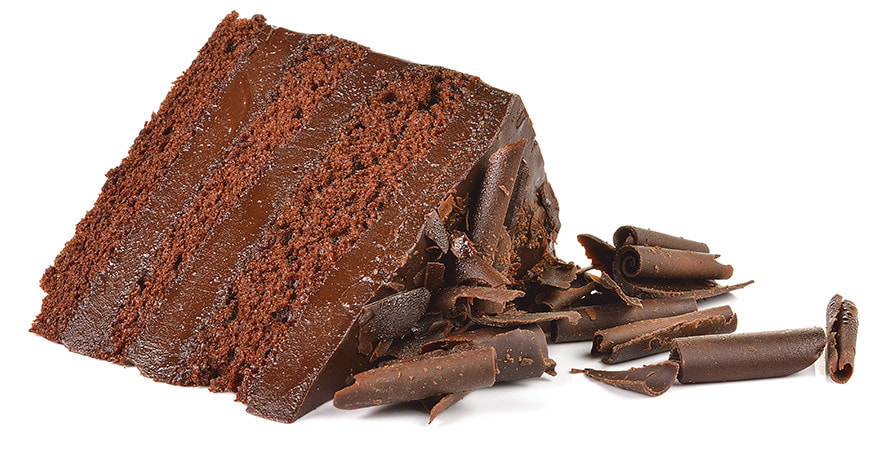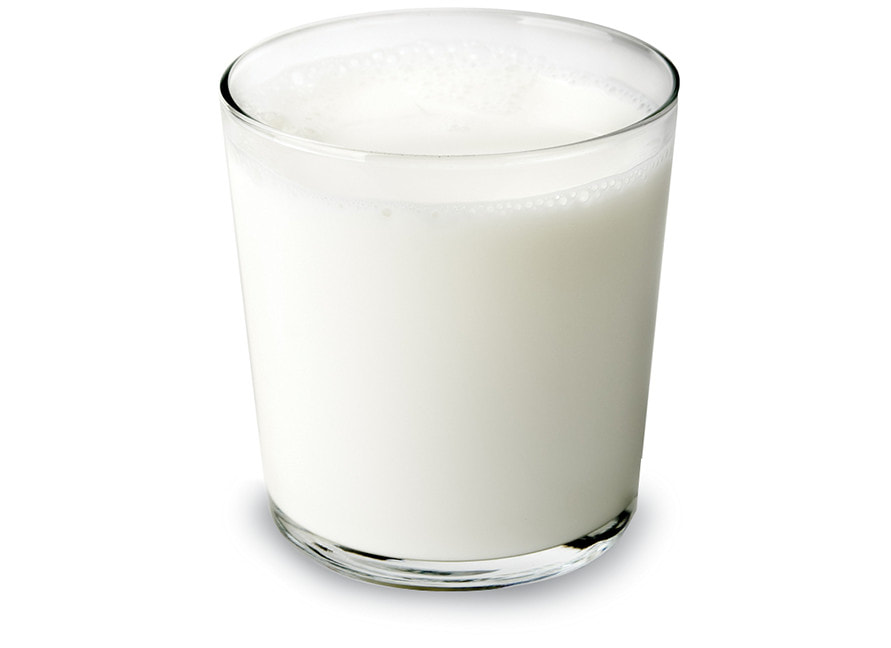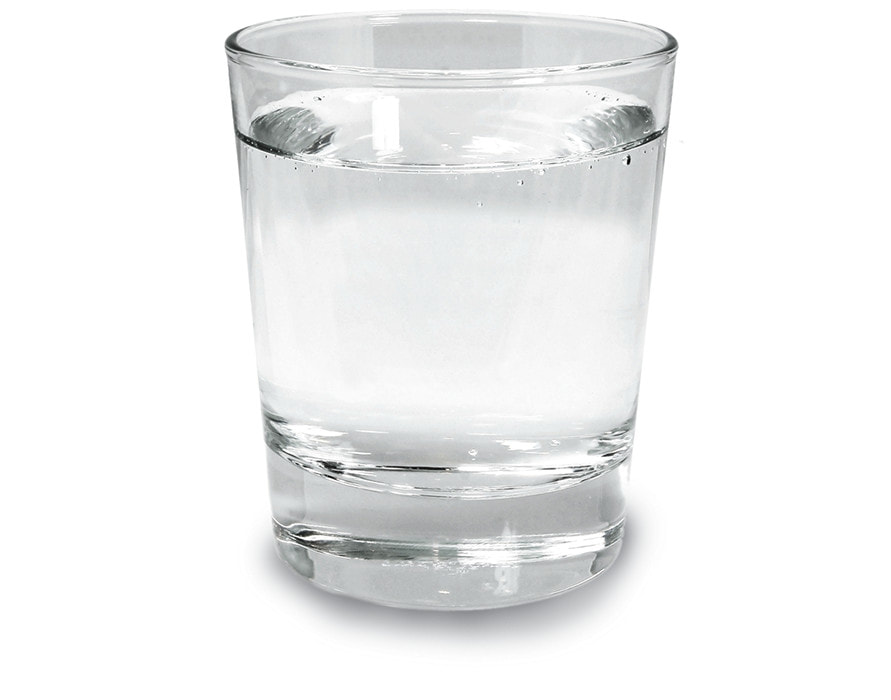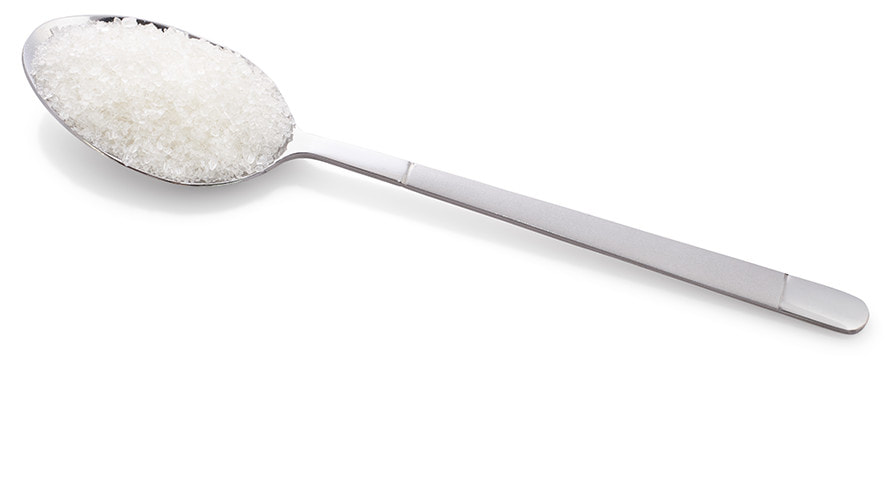Ileostomy Diet & Hydration
After your surgery you may find your appetite is reduced, but it is still important to eat little and often to help your recovery. You should be able to eat normal foods and return back to the food you enjoyed before your surgery. You may find that some foods can upset your stoma but this may be a one off and we would advise you to try them again in a couple of weeks. Certain foods will alter the consistency of your output, therefore what you eat plays an important part in controlling the output. You should aim for a porridge-like consistency, which can be easier to manage. Some foods can cause blockages, so should be avoided or eaten with caution.
Tip: Eating little and often will help regulate your output.
Dietary tips for the early days:
|
You are likely to have lost weight following your surgery. It is important to increase your intake of calories, fat and protein to aid your body’s healing process. In addition to your normal diet, you should look to include the following foods:
|
Ongoing dietary advice
People with an ileostomy will experience the same common digestive issues that they may have had before their surgery, such as wind, odour and loose output.
|
|
Loose Output
|
Solutions to thicken output
|
|
This can be caused by many things including diet, medication and your emotions. Common foods that can cause loose output:
Tip: Cooking fruit breaks down the fibre in it, so you could try stewing fruit.
|
|
If you take anti-diarrhoeal medication, such as Imodium/ Loperamide, ask your Doctor for tablets or syrup rather than capsules, as these may not be broken down in the small bowel and so may have a limited effect. If you experience loose output, it is important to reduce the risk of dehydration.
|
Dehydration
Dehydration is a condition that occurs when the loss of body fluids, mostly water, exceeds the amount that is taken in. When we lose too much water, our bodies may become out of balance or dehydrate.
Severe dehydration can be life threatening. If your output loosens and you find you are emptying your bag more frequently, you may be at risk of dehydration. Please contact your Stomal Therapy Nurse if you are at all concerned. |
Signs & symptoms of dehydration:
Salt helps your body to absorb fluid and keep hydrated so it is advisable that you include an extra teaspoon of salt in your diet every day to help prevent dehydration, unless you have been advised to avoid salt or limit your intake because of another underlying medical condition. If this is the case please discuss with your Stomal Therapy Nurse and/or GP.
|
Tips to avoid dehydration:
|
Treatment of dehydration:
|
|
Contact your GP or Stomal Therapy Nurse
|
Food blockages:
Some foods can swell in the bowel and may cause a blockage. This will cause your ileostomy to stop working normally. You should seek urgent advice from your Stomal Therapy Nurse or GP if you think this may be happening to you.
Signs & symptoms:
- Your output will decrease, stop altogether or may contain large amounts of watery fluid
- You may experience pain
- You may feel or be sick
- Your abdomen may swell
- Your stoma may swell and look bigger
- You may experience reduced wind or it may stop altogether
|
Tips to avoid food blockages:
|
Treatment for food blockages:
|
|
It is important to chew your food really well. The following foods are known to increase the risk of food blockages, so extra care should be taken:
|
If you suspect a food blockage, stop eating solid foods. You could also try the following:
|
|
Wind:
|
Solutions to reduce wind
|
|
Sometimes certain foods can give you wind. The following foods may increase wind:
|
|
Leafy green vegetables can cause more wind in the early days. Try root vegetables such as carrots, parsnips and sweet potatoes
|
Odour:
|
Solutions to reduce odour
|
|
The following foods can sometimes cause odour:
|
|





